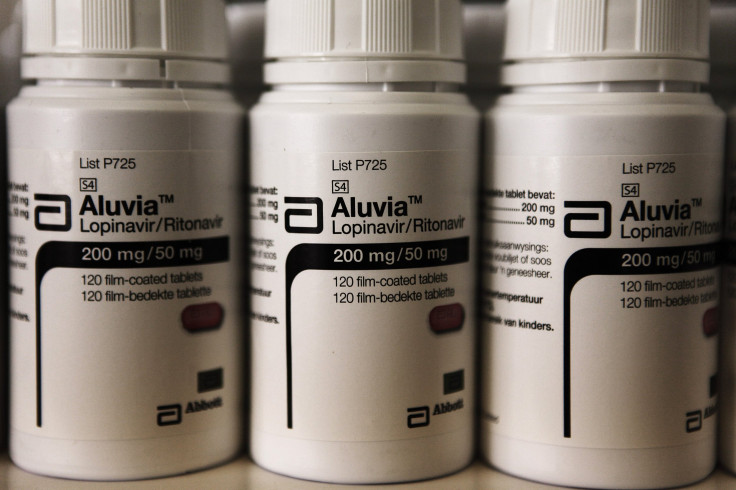Recombinant HIV Strain Found In Cuba, Progresses to AIDS More Quickly Than Others

A particularly aggressive strain of HIV that progresses to AIDS within three years has turned up in Cuba. Researchers writing in the journal EBioMedicine report the strain forms in individuals who have had unprotected sex with multiple infected partners. The HIV recombines into a new variant.
The research was conducted at KU Leuven's Laboratory for Clinical Epidemiological Virology. Professor Anne-Mieke Vandamme and an international team of researchers examined the blood of 73 infected patients, 52 of whom already had progressed to AIDS rapidly, and compared the blood to that of 22 patients who developed AIDS after dealing with HIV for as long as a decade.
"So this group of patients that progressed very fast, they were all recently infected," Vandamme told Science Times. "And we know that because they had been HIV negative tested one, or a maximum of two years before. … We focused in on this variant and tried to find out what was different, and we saw it was a recombinant of three different subtypes."
The researchers found the patients with the recombinant HIV had much higher doses of the virus in their blood than other patients, and the anchor molecule to which the virus usually attaches was virtually nonexistent forcing the virus to attach to a receptor that normally doesn't come into play for years.
"The unexpectedly rapid progression of this HIV variant increases the risk that patients become very ill before ever realizing that they are infected," the researchers said in a press release.
Hector Bolivar, an infectious disease specialist at the University of Miami Miller School of Medicine, said researchers are aware HIV can mutate to create new versions, and, in fact, there are more than 60 strains in the world.
"We knew that sooner or later we were going to face this locally,'' he told the Miami Herald. "Cuba is local for Miami. We may see similar situations here in Miami in the future, and that's something I'm concerned about."
None of the patients studied by Vandamme's team had received any treatment. Bolivar said it would be difficult to replicate the results in the United States or Europe because it is unethical "to wait until someone progresses until they can no longer benefit from treatment."
© Copyright IBTimes 2024. All rights reserved.






















